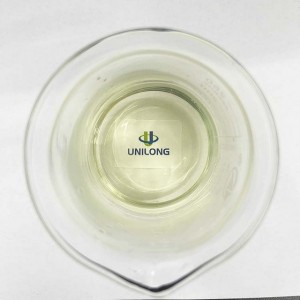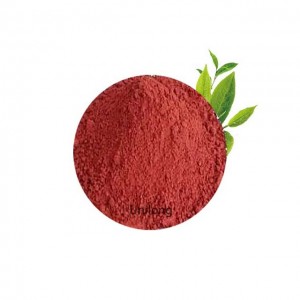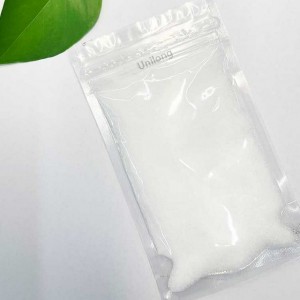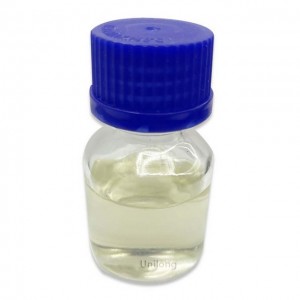Polyhydroxybutyrate PHB with CAS 26744-04-7
PHB is produced by microorganisms, apparently in response to physiological stress conditions. It is mainly a condition of limited nutrients. The polymer is primarily a product of carbon assimilation (from glucose or starch) and is used by microorganisms as a form of energy storage molecule for metabolism when other common energy sources are not available.
| ITEMS | STANDARD |
| Melting Index (190°C, 2. 16kg) g/10min | ≤2 |
| Moisture and volatiles % | ≤0.5 |
| Melting point ℃ | 175 |
| Glass transition temperature ℃ | 0-5 |
| Crystallinity % | 55-65 |
| Density g/cm3 | 1.25 |
| Tensile strength MPa | 30-35 |
| Nominal tensile strain at break % | 2-5 |
| Izod impact strength (23℃) KJ/m2 | 1-2 |
| Heat deflection temperature (0.455MPa) ℃ | 120-130 |
PHB has broad application prospects in medical materials, degradable plastics, disposable tableware, spectacle frames, packaging, sewage treatment, toys and other fields.
Agriculture: biodegradable carrier for agricultural films, long-acting pesticides and fertilizers
Medicine: Surgical sutures, elbow nails, bone replacement, blood vessel replacement Industry: packaging materials, hygiene products, diapers, optical active materials
In the field of medical materials, polyhydroxybutyrate can be used to prepare drug sustained-release carrier materials, tissue engineering materials, etc. In the field of packaging, polyhydroxybutyrate degradation products are mainly carbon dioxide and water, which is in line with the current green and environmental protection development concept.
25kg/bag or according to customer needs
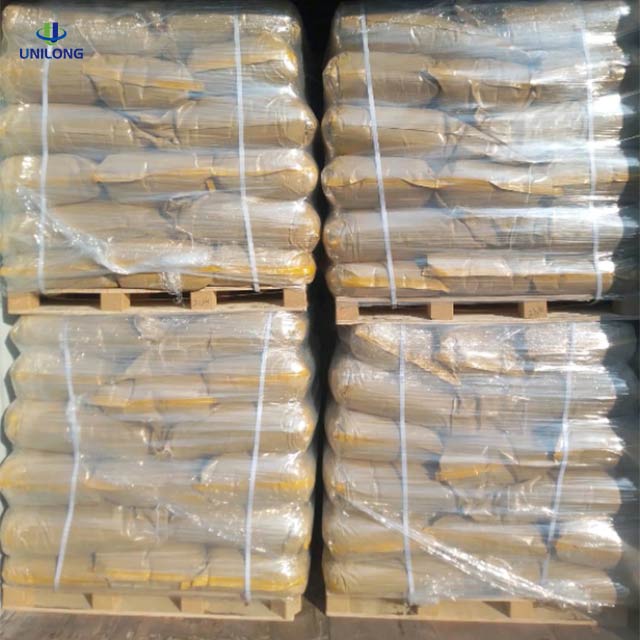
Polyhydroxybutyrate PHB with CAS 26744-04-7
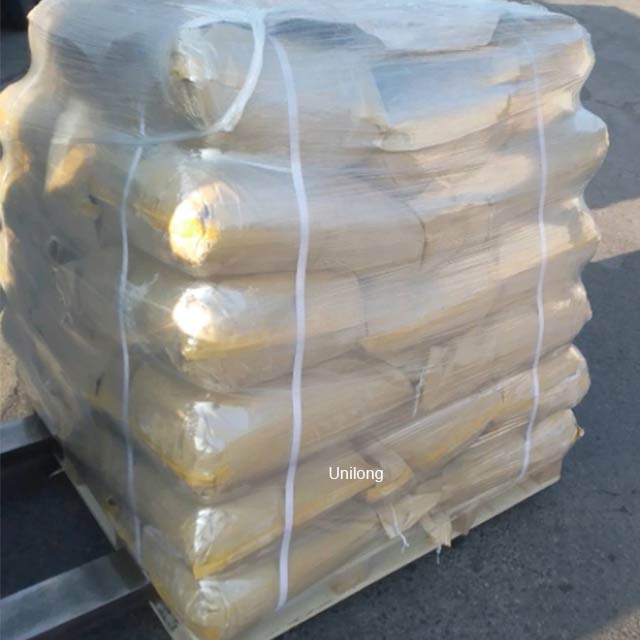
Polyhydroxybutyrate PHB with CAS 26744-04-7









